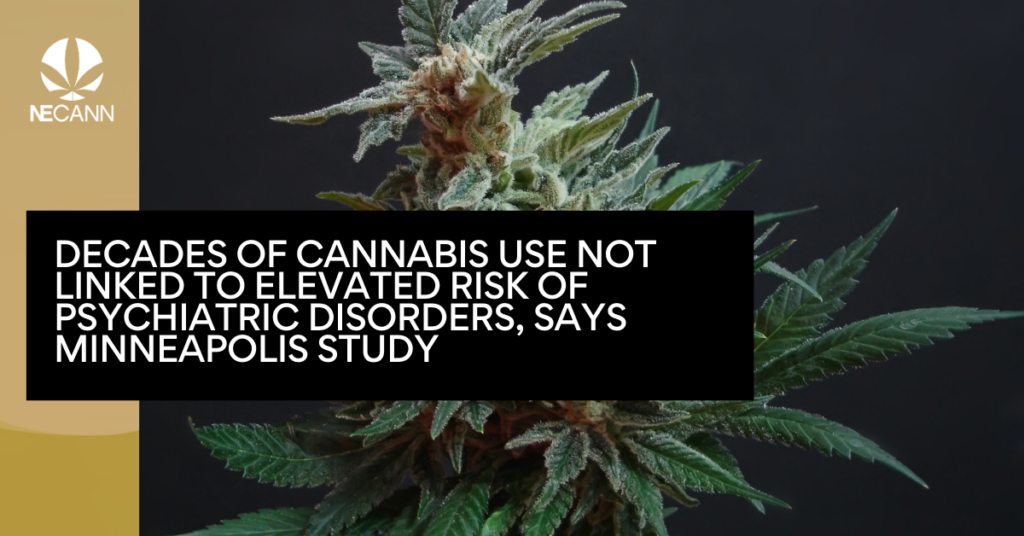A comprehensive longitudinal study conducted in Minneapolis, MN, has revealed that the cumulative use of cannabis over several decades is not significantly associated with an elevated risk of psychiatric disorders, cognitive decline, or adverse psychosocial outcomes. Published in the Journal of Psychopathology and Clinical Science, the research, led by investigators from the University of Minnesota and the University of Colorado, assessed the long-term impact of cannabis use on more than 4,000 adult twins from 1994 to 2021.
The findings suggest that lifetime exposure to cannabis has minimal persistent effects on mental health and other psychosocial outcomes. Researchers observed no within-pair differences in cognitive ability or predictions of within-pair differences in psychoticism related to cannabis consumption. The study emphasizes that genetic and familial factors likely explain the relationships between cannabis use and negative outcomes.
While the study does not support a causal relationship between lifetime average cannabis frequency and various assessed outcomes, researchers cautioned that heavy cannabis use could increase the risk of ‘cannabis use disorder,’ tobacco use, and experimentation with other controlled substances.
The study’s authors concluded, “Cumulative cannabis use does not have large, or lasting effects on many psychosocial outcomes,” highlighting the limited psychological and social impact of long-term cannabis consumption.
For those interested in exploring the complete study titled “Limited psychological and social effects of lifetime cannabis use frequency: Evidence from a 30-year community study of 4,078 twins,” it is available in the Journal of Psychopathology and Clinical Science.




